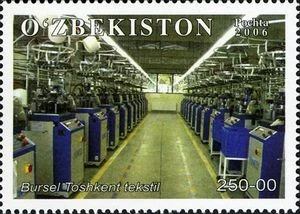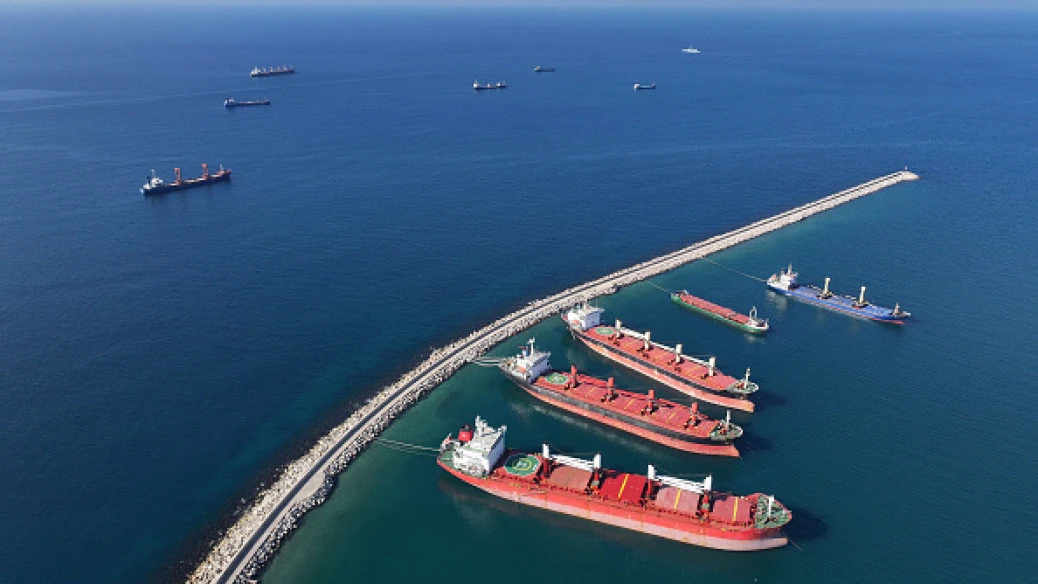Bankrupt Turkish textile firm Bursel loses $700M arbitration case against Uzbekistan
 File photo shows a textile production machine in operation at a modern factory, accessed on April 25, 2025. (Adobe Stock Photo)
File photo shows a textile production machine in operation at a modern factory, accessed on April 25, 2025. (Adobe Stock Photo)
Turkish textile company Bursel Tekstil has lost its arbitration case against the government of Uzbekistan at the International Centre for Settlement of Investment Disputes (ICSID), Uzbekistan’s Justice Ministry announced on Thursday.
The company claimed that its investments were unlawfully expropriated, arguing that the Uzbek government’s failure to deliver on promises of discounted cotton sales and value-added tax (VAT) exemptions on exports ultimately led to its bankruptcy.
According to the Justice Ministry, the arbitration proceedings were initiated by Bursel Tekstil in July 2017 and lasted nearly seven years. The tribunal, operating under ICSID—a body affiliated with the World Bank—rejected all of the company’s claims, which sought damages amounting to approximately $700 million.
The ministry emphasized that, under arbitration rules, the tribunal’s decision is final and legally binding.
One of first Turkish investors in Uzbekistan
Chaired by Burhan Enustekin, Bursel Tekstil was among the first Turkish textile firms to enter the Uzbek market. The company joined a textile factory project in Tashkent that was financed in part by international institutions, including the OPEC Fund for International Development and the European Bank for Reconstruction and Development (EBRD).

In the early 2000s, the company expanded rapidly, employing over 3,000 workers, and eventually exceeded 6,000 with the addition of new facilities. By 2011, Bursel Tekstil operated three factories across Uzbekistan.
ICSID is an international arbitration institution established in 1966 under the World Bank Group to resolve disputes between foreign investors and sovereign states.
It provides a legal framework and a neutral forum where investors can bring claims against states, typically involving allegations of unfair treatment, expropriation, or breach of investment agreements. ICSID decisions are binding and enforceable in any of its 150+ member countries under the ICSID Convention, making it one of the most recognized and widely used mechanisms for investor-state dispute settlement globally.



